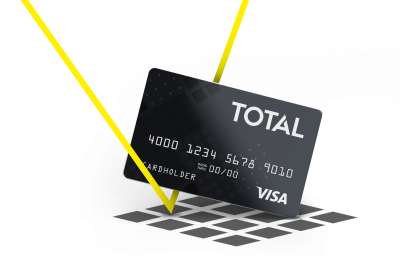Making a budget can be one of the strongest tools in your financial toolbox, so why are some people stressed out about making one? For some, the idea of making a budget conjures images of spreadsheets, calculators, and denying yourself things you want or need. The truth is that a budget can be as simple or as complicated as you’d like to make it. Budgets help us understand where our money is going, which lets us set financial goals, plan for the future, and prioritize the way we spend money. They’re the foundation of all of our financial planning! With that in mind, here are four essential things that go into making a budget.
1. Know What You’re Spending
It’s easy to know what you get paid, but do you know where all your money goes? Certainly the big ticket items register, but sometimes it’s hard to keep track of the smaller purchases. Totaling up all those Amazon purchases at the end of the month can sometimes be shocking! Don’t forget that there are a ton of really great apps that can help you with this these
days.
Right from your smartphone, you can see in real-time how much money you have spent in different categories such as utilities or dining out, making it easier to track all of your accounts from one place.

2. Identify Your Needs & Your Wants
This sounds simple but is often hard! Your needs are essential to your survival – so, rent, food, transportation to work, and medical expenses are good places to start. Watch out for wants masquerading as needs. Yes, you need to have a way to get to work, but is there a way to fulfill that need while saving some money? For example, simple things like carpooling to work with a friend can cut your gas bill in half.
It’s often easiest to decide how much you can spend on things by starting with your paycheck. So, if you know you make $3000 a month and financial experts say you should only spend 1/3 of your paycheck on rent, then you know your rent should be $1000. If your rent is more or less than that, you know you need to balance that money somewhere!

4. Set Financial Goals
And celebrate them when you get there! It’s important to have short, medium, and long term financial goals. For example, maybe your short term goal is to pay off a credit card, your medium-term goal is to establish an emergency fund that covers 6 months of expenses, and your long term goal is to buy a house. After all that is accomplished, it’s as simple as sticking to your budget! Once the stress of making a budget is over, you’ll see how quickly a budget can reduce your money worries, help you set financial goals, and achieve them!


